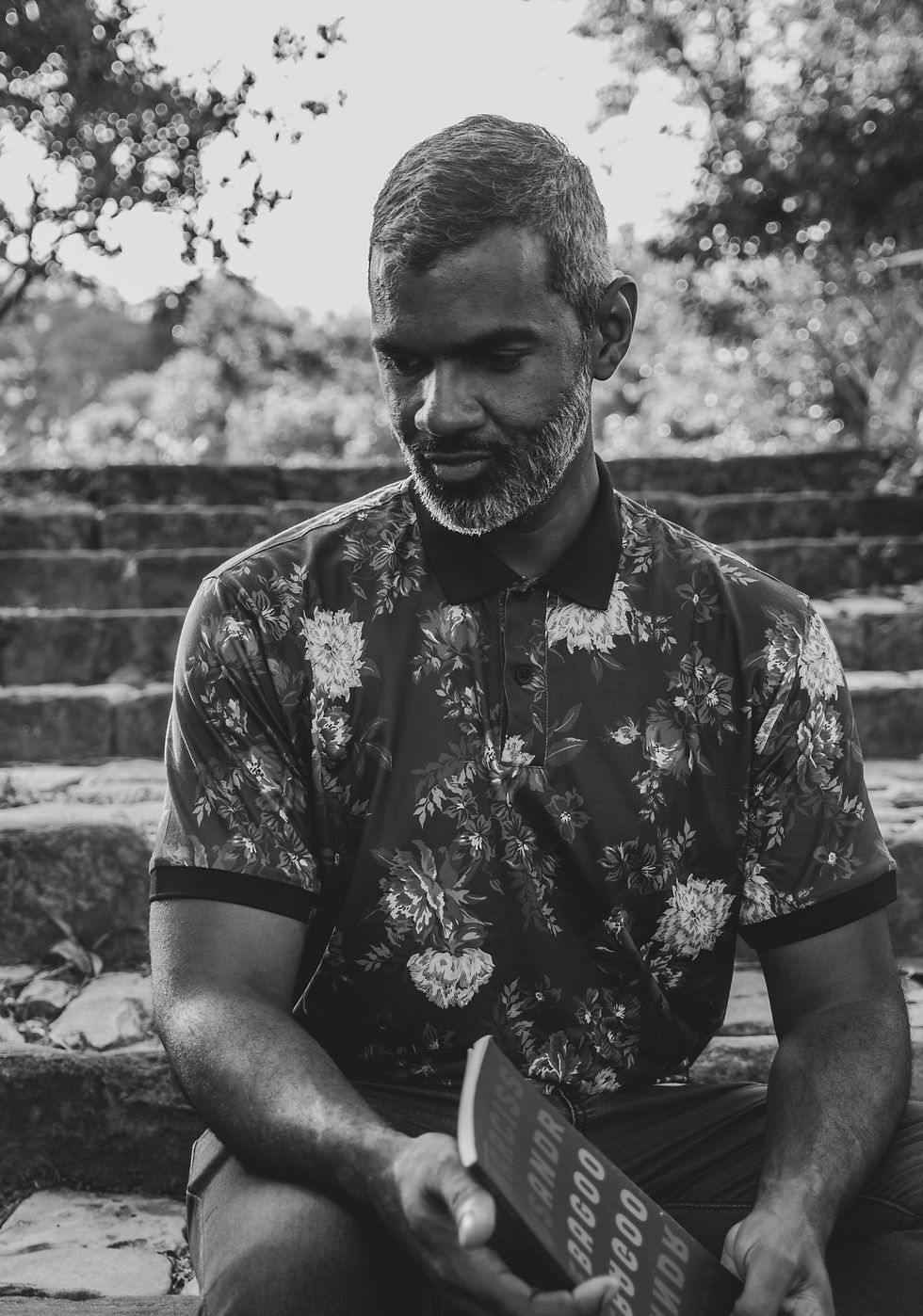Interview with Robert Bal
- Aaron Kent

- Aug 14, 2023
- 3 min read
Updated: Jan 14, 2025
Author of Protection

When did you write the book, and what was the inspiration behind it?
Protection was an effort to express a healing journey, and some of the experiences and internalizations that necessitated it.
How would you summarise this book in 100 words or fewer?
Protection reckons with the experience of and reaction to attachment trauma and racial oppression in London, England.
How would you characterise the style of your book? For example, would you see it as lyrical, prose or experimental? (to name but a few!) Can you provide some commentary around why you feel it falls into these categories?
I feel as if it's not for me to attach such terms to the work. What I can say is that it attempts to integrate disparate realms of experience through the music of thought and feeling.

During the writing of this book, did you learn anything new? either about yourself as an author or about the crafting of the work itself?
The book expresses my learnings of the last decade, a time in which I have come to understand the pain and rage I had previously only been reacting to - and a time in which I have been able to directly experience the feeling that, for me, belies all feelings: the feeling of love for myself, the feeling of the benevolent universe itself.
Can you list some of your main influences? Feel free to include writers, literary movements, but also any influences outside of the literary sphere that have had an impact?
Bhanu Kapil, for showing me that people can come from where we come from and nevertheless remain connected, and alive, and beautiful. And Fred Moten, for his music.
Please can you list some stylistic or technical elements contained within your work, and why you feel that these are important?
I am hard pressed to name any such elements, to be honest. I'm reminded of a quote from David Lynch, where he describes being asked to talk about his work, and responds (and I'm paraphrasing here): "-the work is the talking."

Can you give some commentary around the book’s central themes and why these are so important to you?
As a psychotherapist the issue of trauma - whether it be attachment trauma, racial trauma, or any other form - is central to my work. I explore and address all the myriad ways in which such experience creeps into the body - and contorts it.
For someone who enjoys your work, which other authors do you think would also be appealing to them?
It's a stretch given the gulf in quality between my work and hers, but I would recommend anyone - whether they enjoy my work or not - to read Bhanu Kapil.
Is there a personal story or inspiration relating to this book? If you feel comfortable, please feel free to share!
This book originally began life as a 250,000 word memoir. I squeezed that block of coal repeatedly for several years, until what is for me a diamond finally emerged.

Is there a particular audience you had in mind when writing this book? How did this impact the writing process?
I wrote this book for my inner child. In this way the writing of it was inextricably linked to the healing journey I was on.
Is there a question you wish you'd have been asked as part of this interview? If so, feel free to ask and answer it here!
Question: "Who is Aaron Kent?" Answer: "A beautiful, beautiful man."
Robert Bal is a psychotherapist and poet living and working on the stolen ancestral lands of the Skwxwú7mesh (Squamish), xʷməθkʷəy̓əm (Musqueam), and Səl̓ílwətaʔ/Selilwitulh (Tsleil-Waututh) First Nations in so-called Canada.



